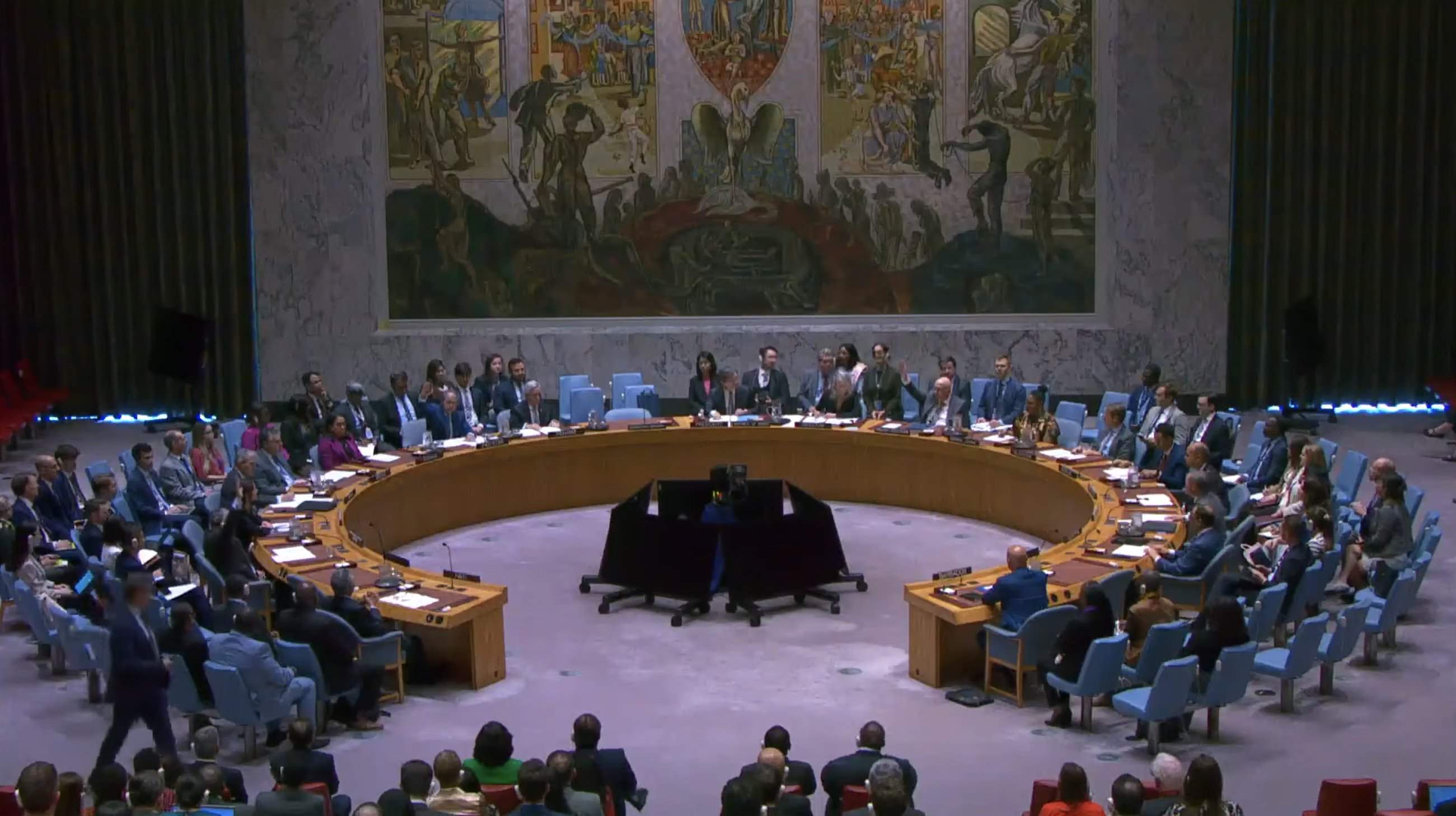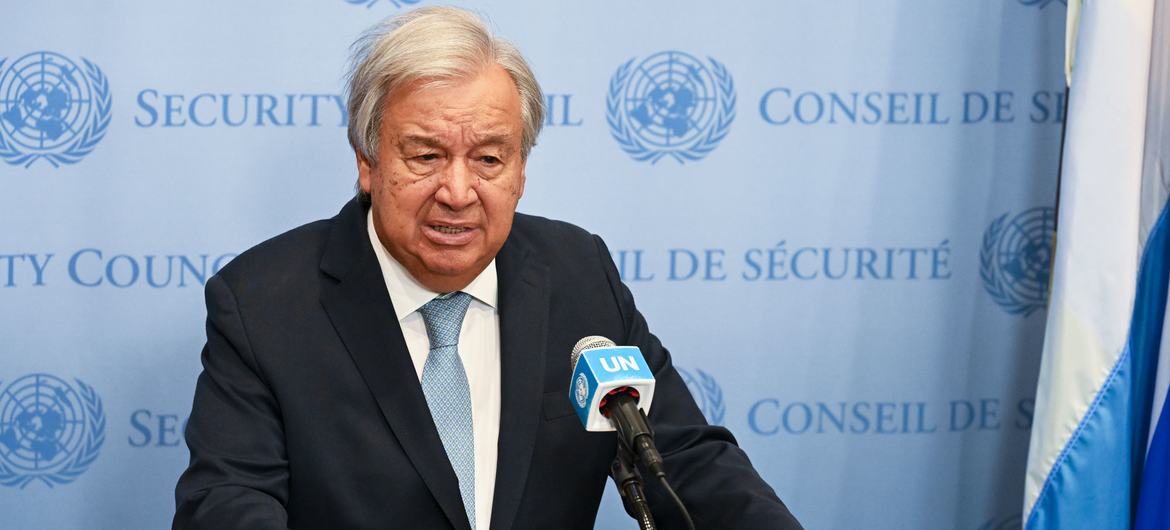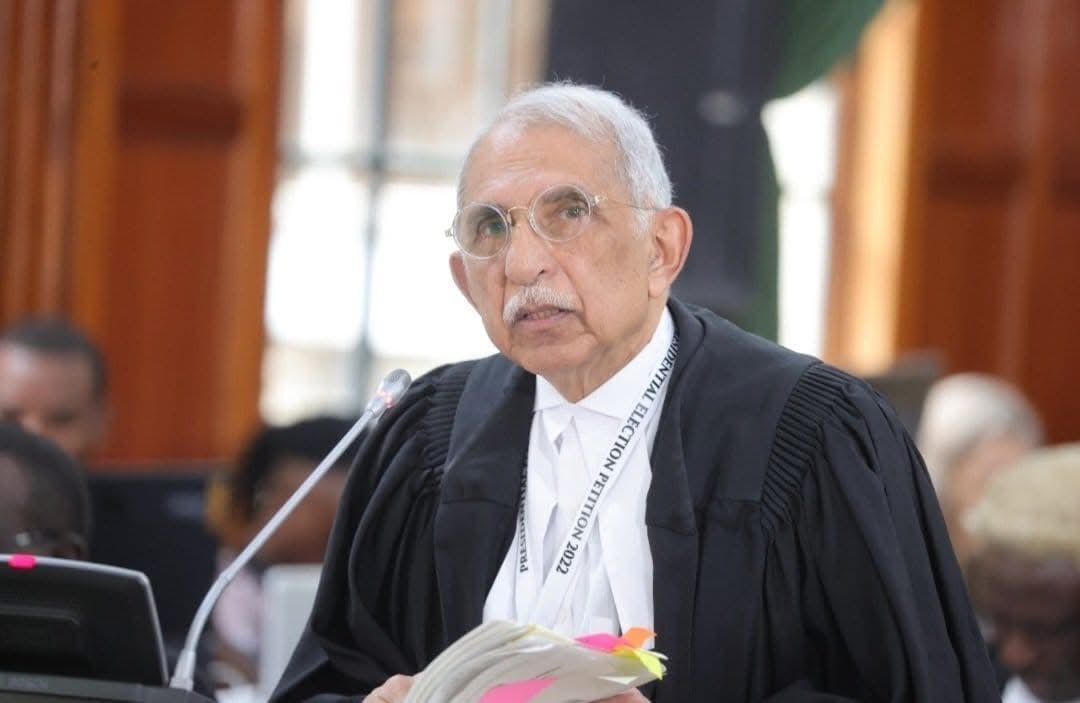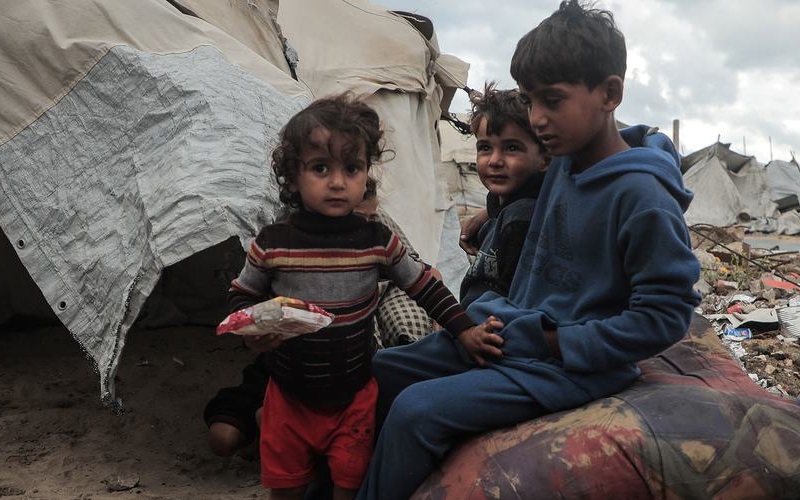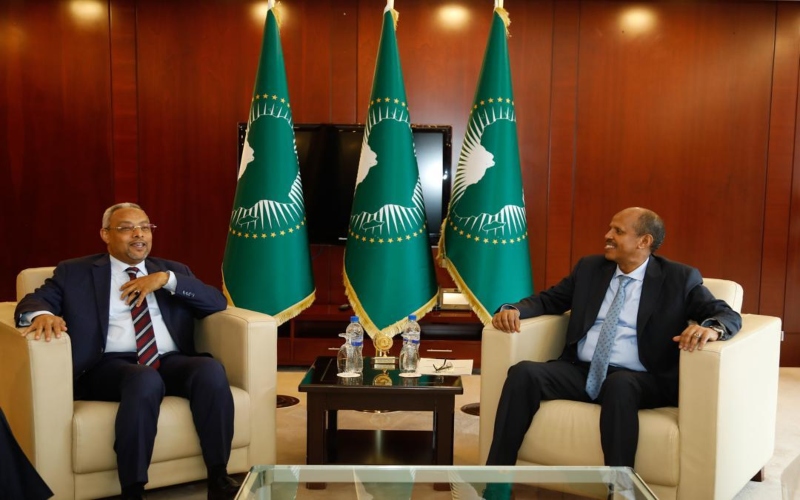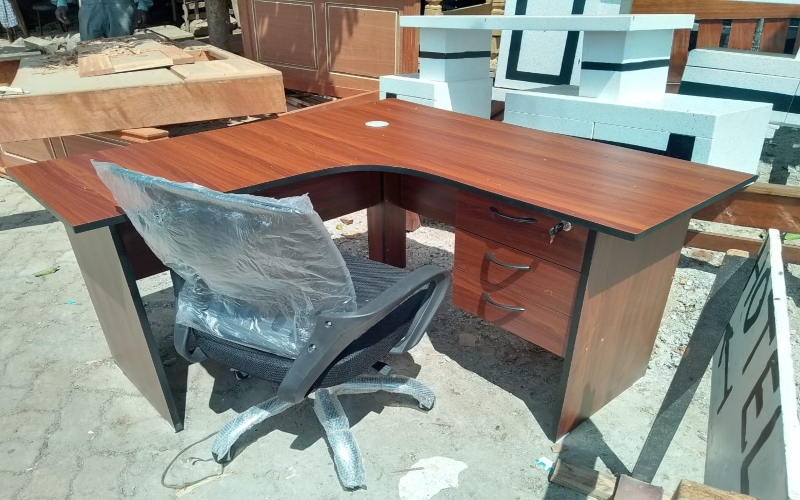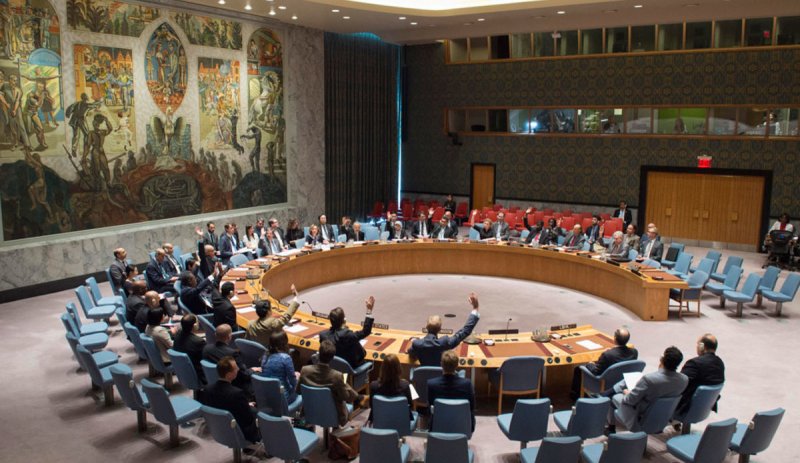Opinion: North Eastern MPs betrayed us by supporting the Finance Bill
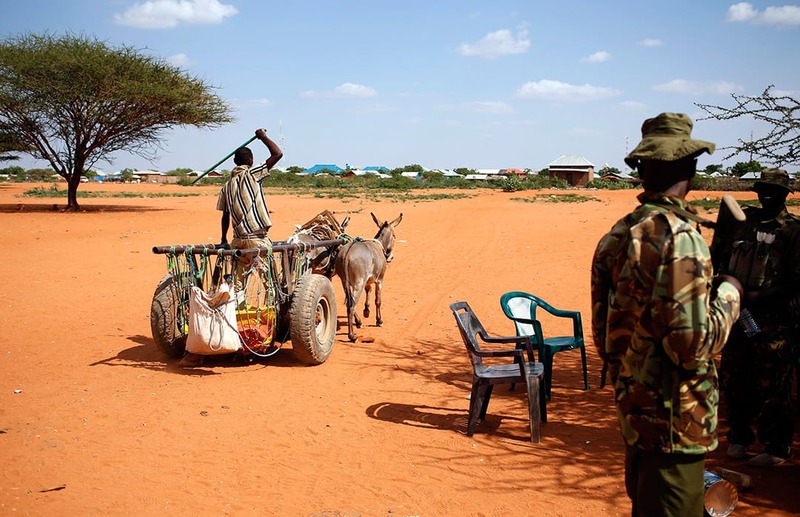
What united Kenyans to oppose the tax bill was the widespread misery, poverty, corruption, and over-taxation
Members of Parliament from the north eastern region, specifically those from the counties of Wajir, Mandera, and Garissa in northern Kenya, have betrayed their electorates by voting in favour of the controversial Finance Bill 2024. Most of the MPs from this region, with a few exceptions, supported the punitive tax bill, despite it going against the wishes and interests of the people they represent.
Thousands of Kenyans nationwide rallied in the streets to oppose the Bill, which imposed additional taxes on citizens already overburdened by high taxation. The ruling Kenya Kwanza government ignored the plight of Kenyans and pushed the Bill through parliament.
More To Read
- Morocco's Gen Z protests: What you need to know
- Morocco: Gen Z protests turn violent, two killed
- From detention to global recognition: Rose Njeri named in 2025 Time100 Next list
- Morocco: Police detain dozens in Gen Z protests
- Study finds Gen Zs face tougher job market than their predecessors
- How protests over Finance Bill hurt Nairobi’s daily revenue collections
Under the hashtag #RejectTheFinanceBill2024 on X, Kenyans, especially the youthful Gen Z, organised peaceful protests. Unfortunately, these were later hijacked by goons and criminals allegedly hired by politicians allied to Kenya Kwanza.
Despite these challenges, protesters succeeded, for the first time in Kenya’s history, in occupying parliament. They called on and pressured all elected representatives in the National Assembly to oppose the Bill and stand against President William Ruto's push for its passage. Regrettably, most Somali MPs from the north eastern region, which has over 20 elected representatives in the National Assembly, decided to vote Yes to the Bill.
What united Kenyans to oppose and rally against the tax bill was the widespread misery, poverty, corruption, and the burden of over-taxation they faced. The government taxes Kenyans excessively, yet these high taxes never translate into improved services.
Instead, much of the revenue is looted by politicians who live in luxury, while ordinary taxpayers struggle to get by. Like the rest of Kenyans, those in the north eastern region are heavily burdened by over-taxation. Prices of essential products such as petroleum, and basic food items like ugali, rice, and sugar have skyrocketed due to high taxes and inflation, raising the cost of living for the ordinary mwananchi.
MPs from north eastern Kenya represent one of the most impoverished, poverty-stricken, and long-time marginalised communities. Yet, they and their families live in luxury in Nairobi, far from the people who elected them, visiting the northeast only occasionally on brief, touristic-like excursions.
The government has also significantly increased taxes on imported goods. Somali entrepreneurs in Eastleigh and other parts of the country, who mostly import finished goods such as clothes and electronics, have seen their taxes to the Kenya Revenue Authority (KRA) rise exponentially over the years under both Ruto and his predecessor, Uhuru Kenyatta.
They struggle to keep their businesses afloat, and further tax increases would only worsen their burden. Every importer in Kenya pays import duty, excise duty, railway development levy, and other taxes, which raise the prices of goods before they reach the final consumer.
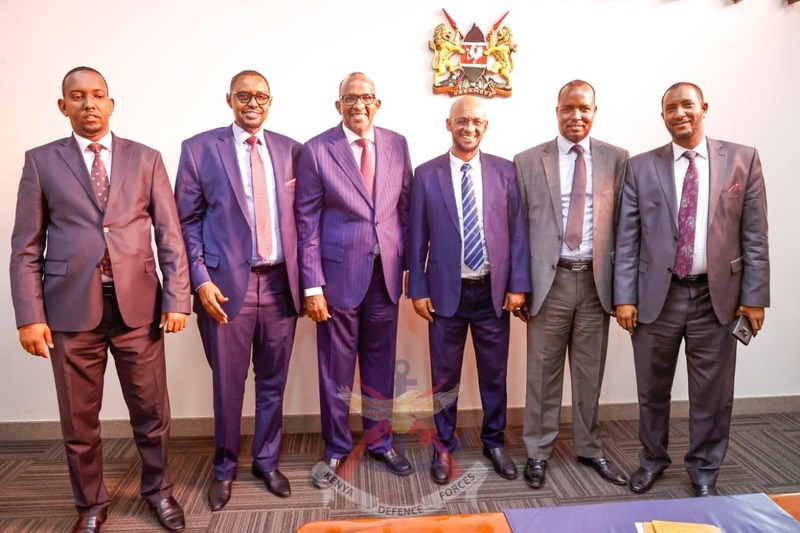 Defence CS Aden Duale with leaders from Wajir and Mandera counties when they paid him a courtesy call at the Ministry of Defence offices to discuss security status in the region. (Photo: Ministry of Defence)
Defence CS Aden Duale with leaders from Wajir and Mandera counties when they paid him a courtesy call at the Ministry of Defence offices to discuss security status in the region. (Photo: Ministry of Defence)
The MPs should have listened to the plight of their electorates and voted against a Bill that the people did not want passed as it already overburdened them. Many youngsters from the region, including Hanifa Aden, who has become an icon of the protests, opposed the Bill alongside the rest of Kenyans. Unfortunately, the MPs chose to vote against the wishes of their people, opting instead to please the government of the day.
Some MPs were even hypocritical, appearing to oppose the Bill on social media, but voting Yes when it mattered. This was unexpected and unfortunate, especially from leaders representing people in northern Kenya who live in abject poverty, and who are among the communities who will be most affected by tax increases.
It is high time elected representatives from north eastern Kenya listened to the wishes of their people. Unfortunately, they chose to vote with President Ruto against the wishes of those who put them in parliament. This disregard mirrors the contempt shown by the three elected governors from the three counties and their appointed officials, which explains why devolution, despite the massive resources allocated to it over the last 12 years, has not positively impacted people’s lives. Water and health services, which are largely devolved functions, are scarce or non-existent in many parts of the region.
Hospitals are in dilapidated conditions, with insufficient doctors, medicine, and equipment, some in a worse shape than before devolution.
Simply put, the elected representatives do not want to fulfil the wishes of the people who elected them but instead, exploit them. It's time the voters from north eastern Kenya held their representatives accountable.
All MPs from the region who voted Yes to the Bill, which is the majority of them, should be punished by the electorate. Voters should use the recall clause in the Kenyan constitution to try to remove these MPs, and if unsuccessful, they should vote them out in the 2027 elections.
It's high time we made MPs and all other elected representatives accountable to us.
The writer is a political and security commentator. You can follow him on X: @a_abdille
Top Stories Today
